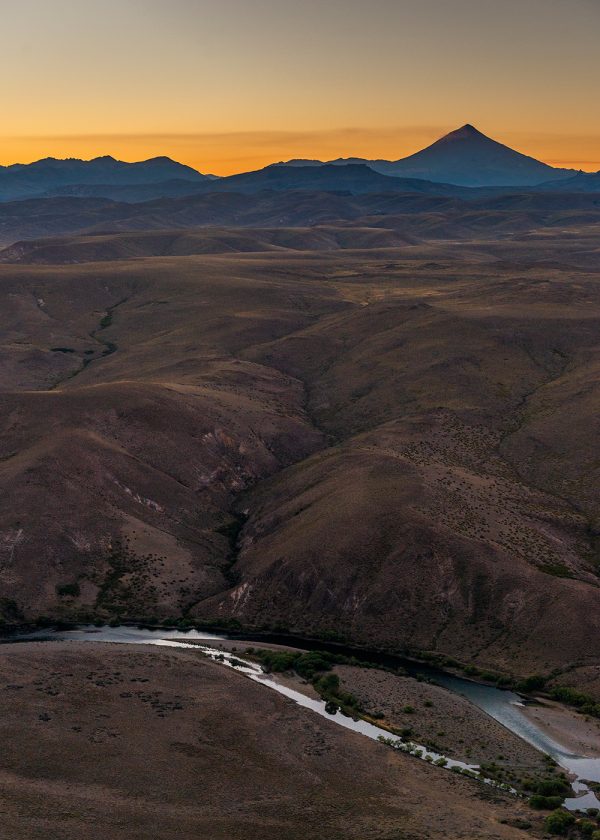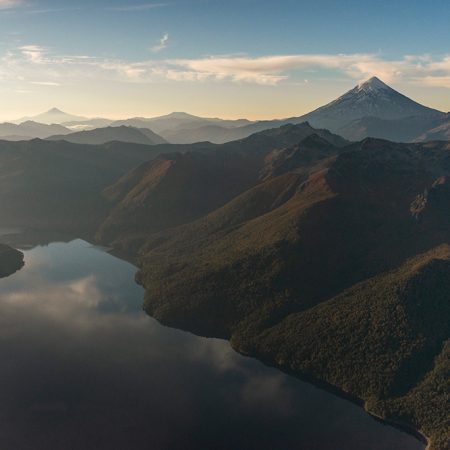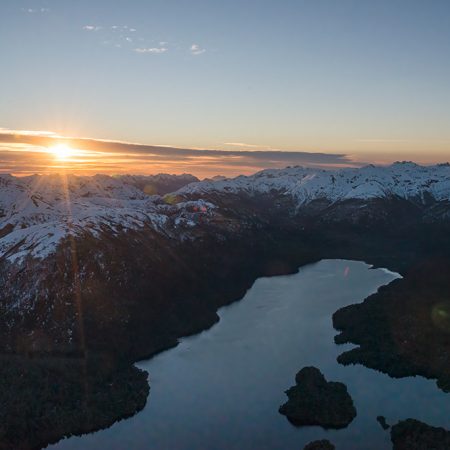water

Water is the foundation of life and the most abundant component in the body of living beings, on average 80%. After air it is the body's fundamental basic nutrient.
Our rivers and lakes, coasts, seas and groundwater are resources. We use them for our survival as a species and to produce food in irrigating crops and raising livestock. We use them as a means of communication: we move ourselves, what we produce and what we need through our rivers. And we also use water as a source of energy and for recreation: an important source of income in Patagonia is tourism related to rivers and lakes.
Unfortunately, we also abuse it. We pollute rivers and watercourses by contaminating them with sewage and industrial waste. When we consider that only 3% of the water in the world is drinkable, we get an idea of the enormous challenge that caring for this natural resource presents for humanity.
In Argentina, official figures indicate that there are significant gaps in access to drinking water and sanitation in terms of coverage, quality and efficiency of services. Although 88% of the population has access to drinking water, this percentage is concentrated in wealthier urban areas. In poorer urban areas, official access to water barely exceeds 11% and in scattered rural areas, home to 2.6 million people, 11% survive by collecting surface water and 18% rely on wells. Meanwhile, only 27.6% of the total wastewater collected during 2019 was treated, according to data from the National Office of Potable Water and Sanitation.

Photography: Olivia Gentili Gipler • IG: @olivia.gentiligipler



